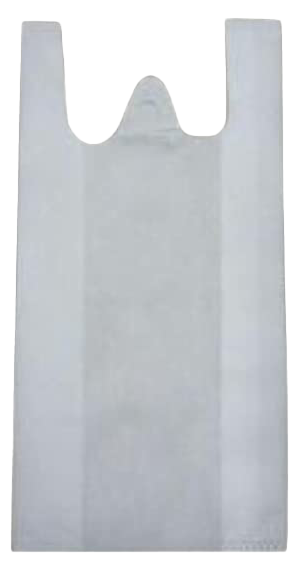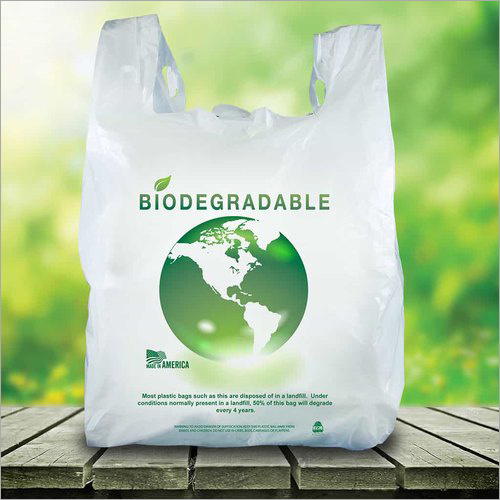
What Are Bioplastics?
Bioplastics are not just one single material. They comprise a whole family of materials with different properties and applications. Today, there is a bioplastic alternative for almost every conventional plastic material and corresponding application. Bioplastics have the same properties as conventional plastics and, in many cases, even offer additional advantages.
This includes a reduced carbon footprint or additional waste management options, such as composting. Bioplastics are an essential part of the bioeconomy and a fast-growing, innovative industry that has the potential to decouple economic growth from resource depletion and environmental impact.
Additionally, new materials, such as PLA, PHA, cellulose or starch-based materials offer solutions with completely new functionalities, such as compostability and in some cases optimized barrier properties. Along with the growth in a variety of bioplastic materials, properties, such as flexibility, durability, printability, transparency, barrier, heat resistance, gloss and many more have been significantly enhanced.
Unveiling the Truth about "Oxo-BioDegradable" Plastic
‘Oxo-fragmentation’ falls short of true biodegradation. Plastics labeled ‘oxo-degradable’ or ‘oxo-biodegradable’ combine conventional plastics with additives, imitating biodegradation. Yet, oxidation primarily leads to material fragmentation, generating persistent micro-particles in the environment. These products lack compostability standards and fail to qualify as bioplastics. At Trinity Plas Tech, we champion authentic compostable solutions, steering clear of misleading practices. Join us in embracing genuine sustainability that leaves no room for compromise, setting a new standard for eco-conscious packaging.
The Life Cycle of Bioplastics
Bioplastics evolve sustainably, sourced from renewable resources. They decompose naturally, reducing waste and leaving a greener legacy.
01
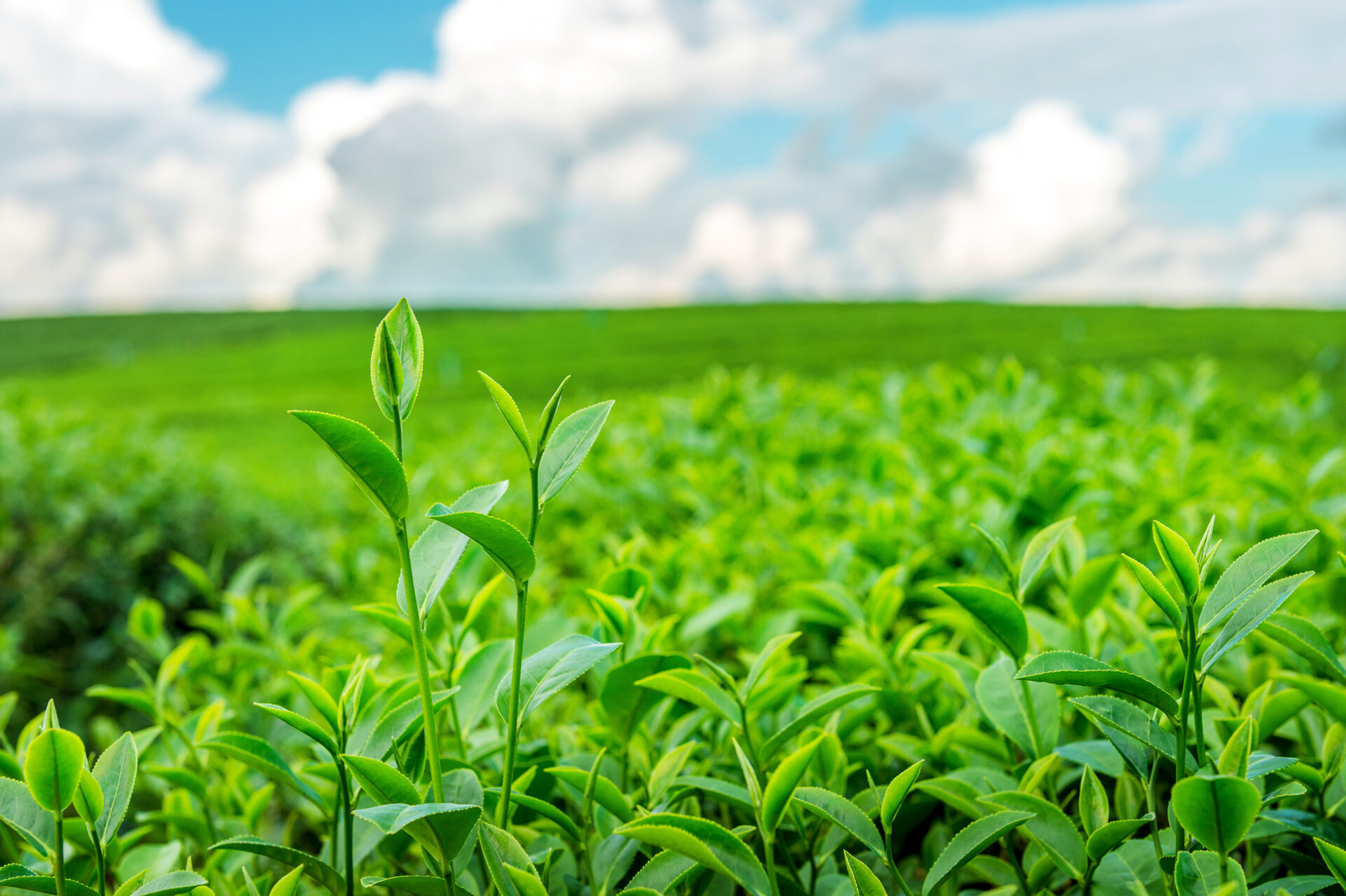
Raw Materials
Plants such as sugar cane, corn and potatoes that are high in starches.


02
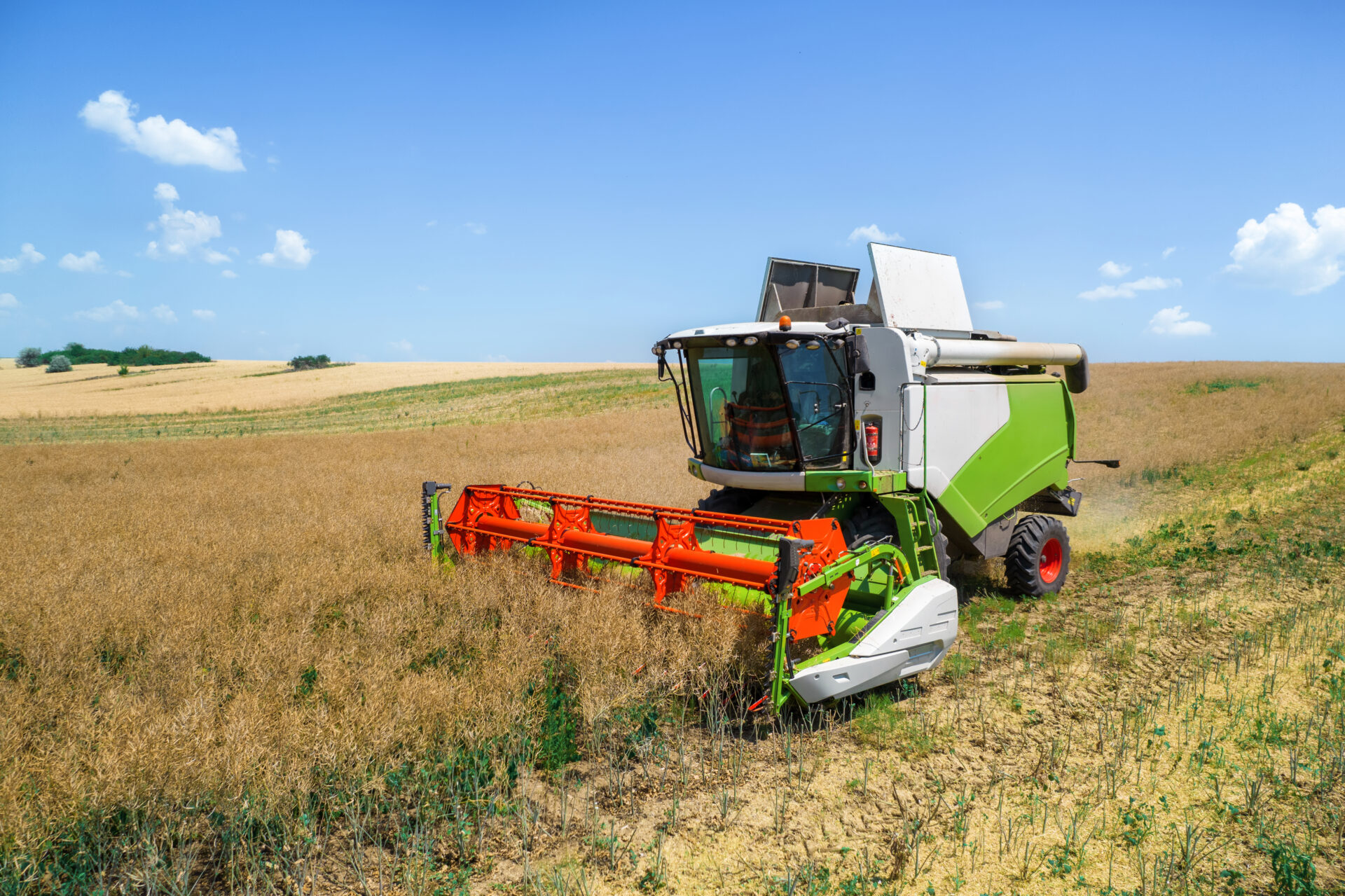
Extraction
Harvest and extraction of starch

03
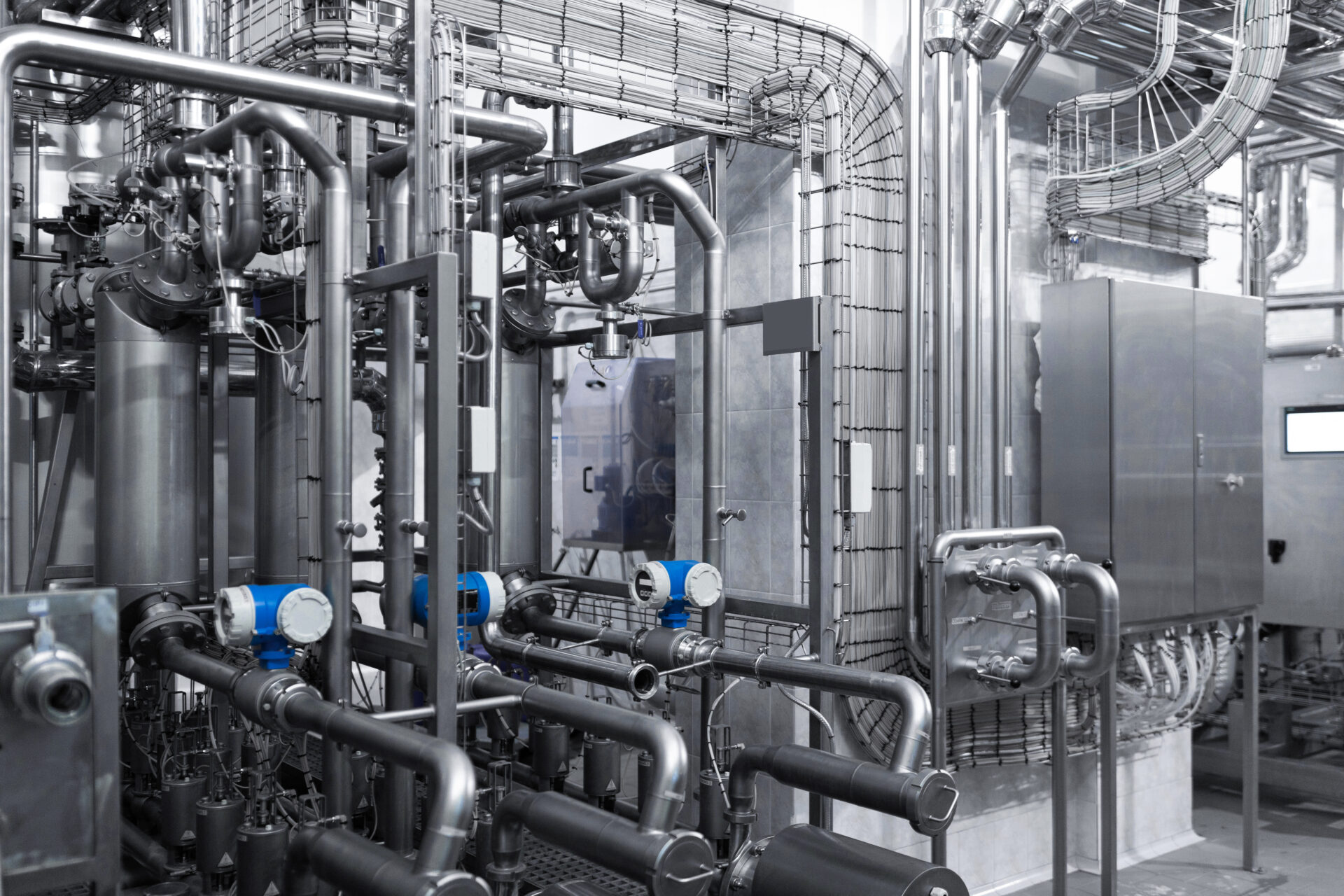
Refining
The starches are processed through the use of special enzymes or fermentation to make compounds

06
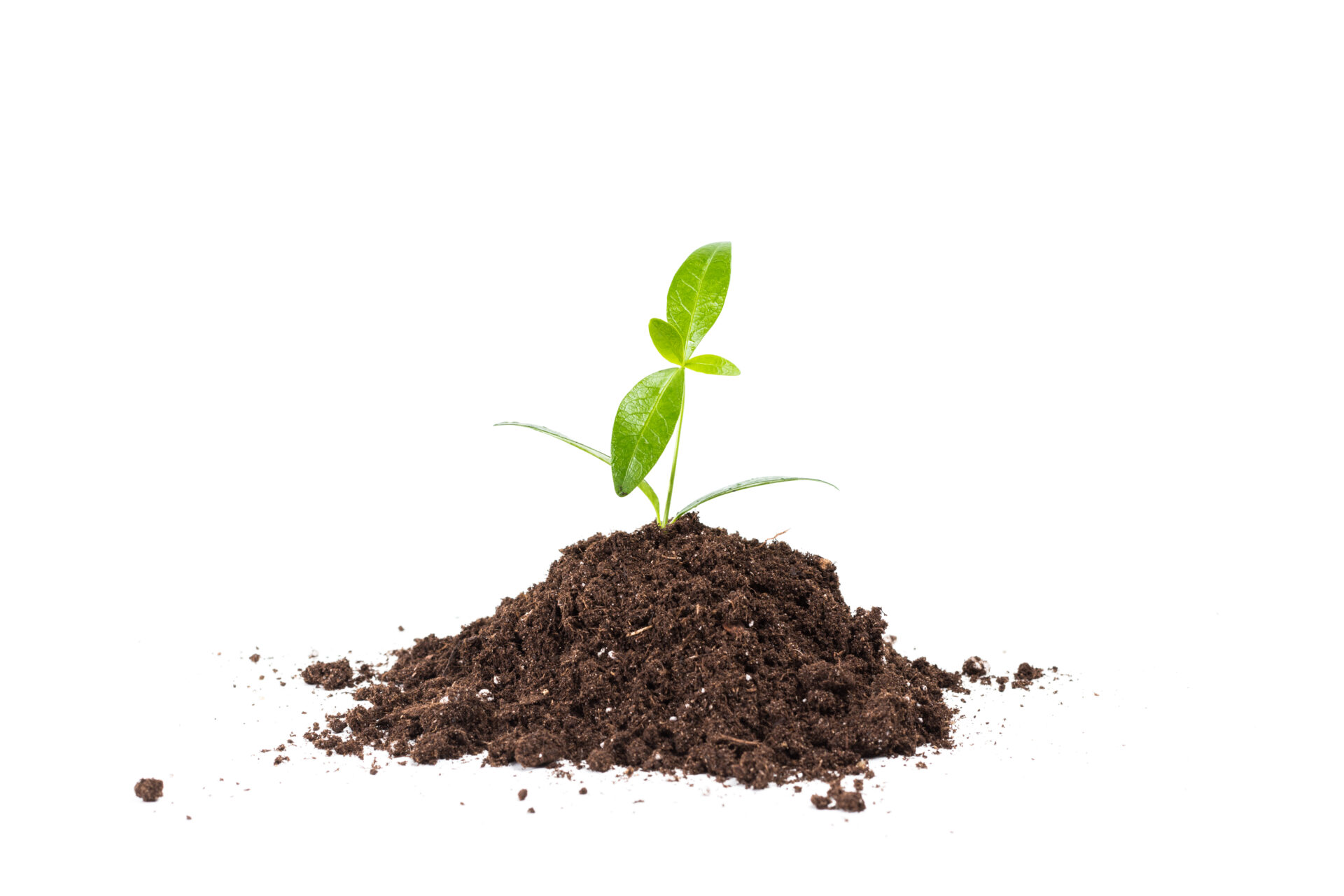
Compost and Renewal
The organic waste will compost and return to the earth as mulch to help new crops grow, completing the cycle.

05
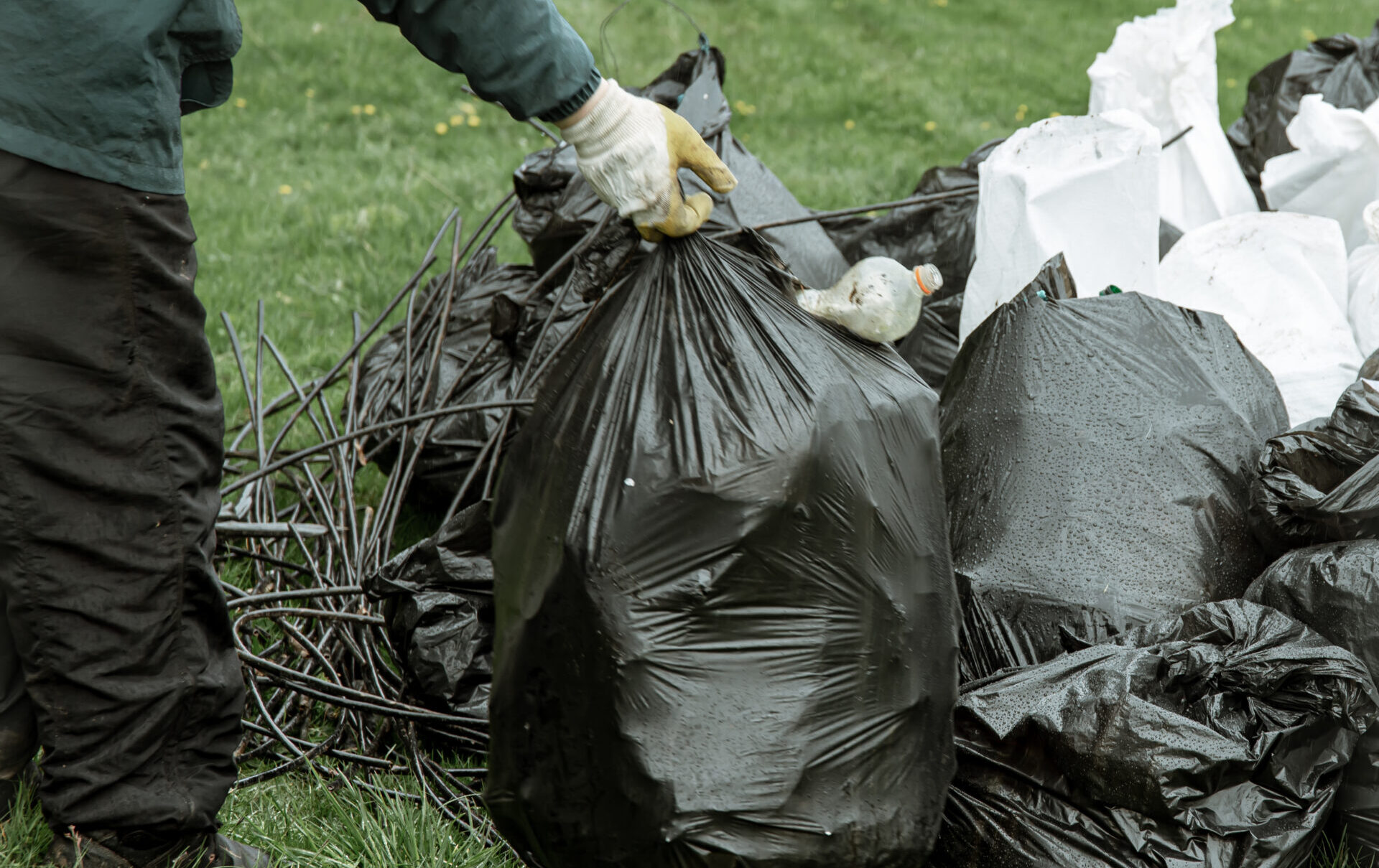
Disposal
Consumers can place compostable bags in an organic-waste collection bin.

04

Manufacturing
Compounds are further processed to make the required compostable bags.
Certificate
Our range includes items suitable for both industrial and home composting. Our registration with CPCB and TNPCB is backed by ISO/IS 17088 testing by CIPET.







